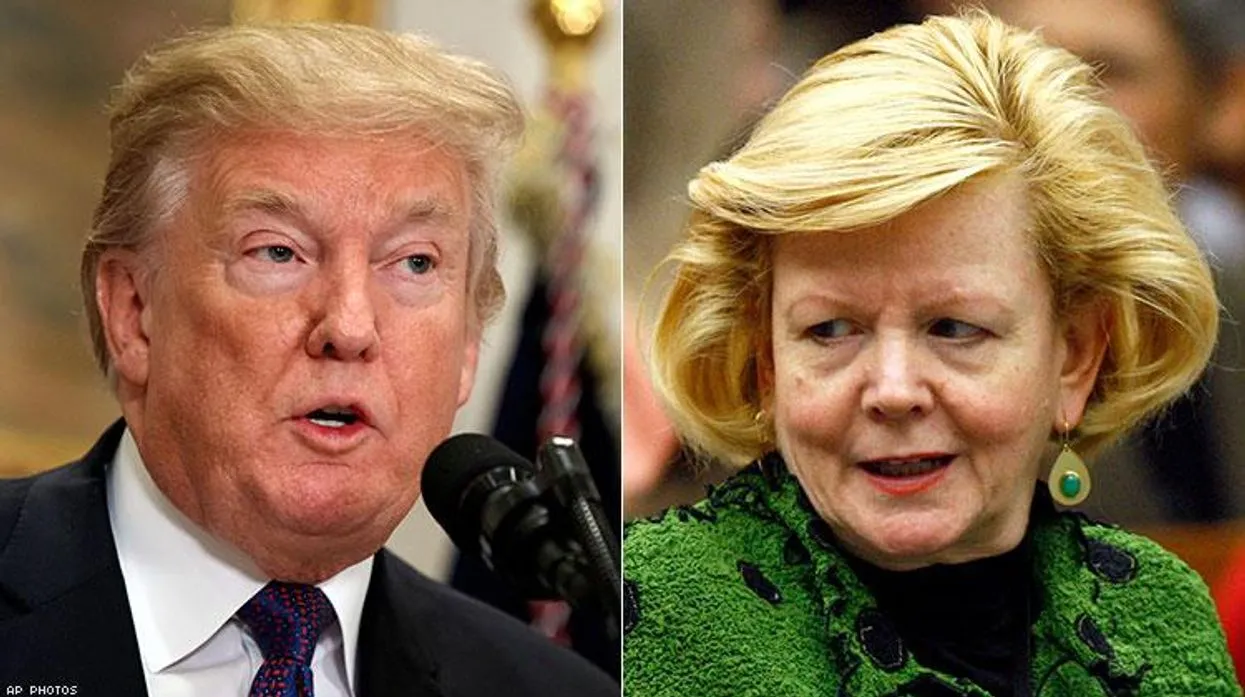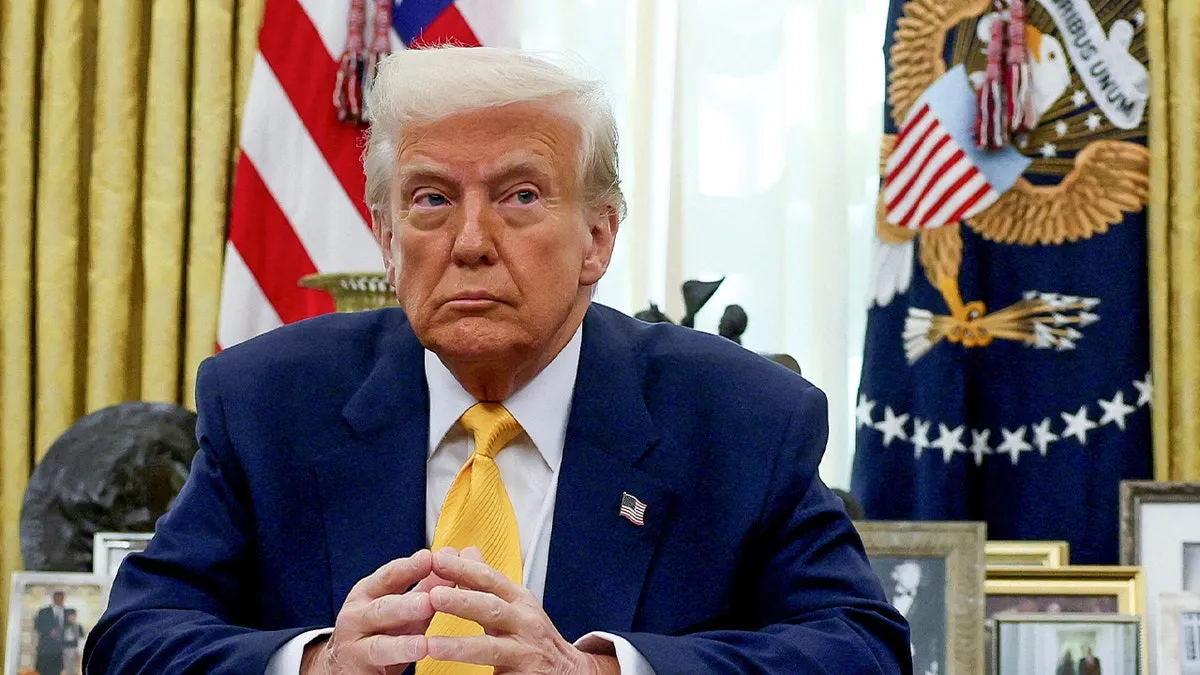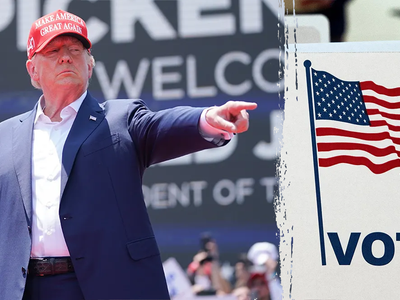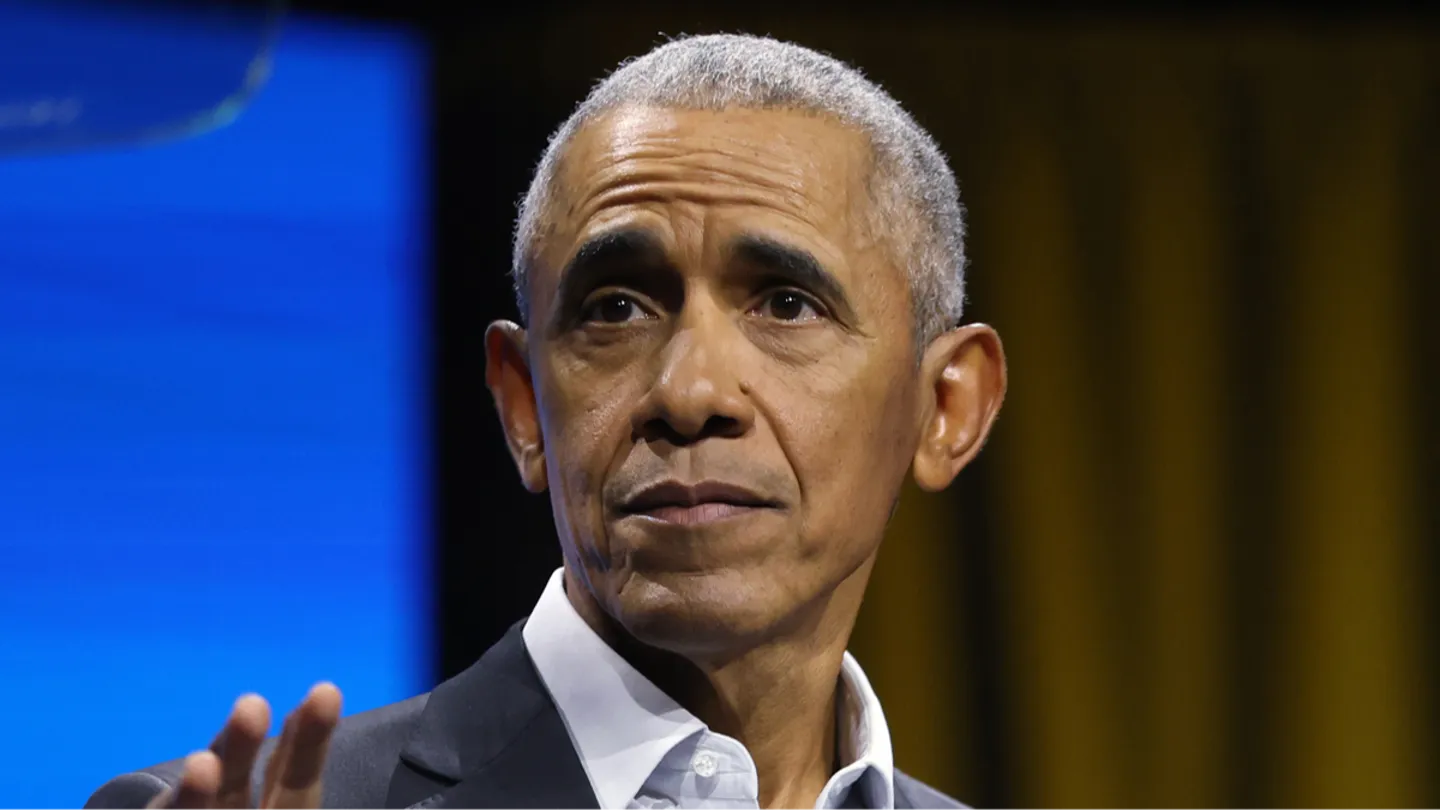A US judge partially blocked Trump's election integrity order from taking force. Is that legal?
Last month, a federal judge in Washington, D.C., halted significant sections of President Trump's executive order on election integrity. This action highlights the nation's deep divisions over the meaning of "election integrity." Trump signed an order called "Preserving and Protecting the Integrity of American Elections," but the Democratic National Party (DNC), leading a group of plaintiffs challenging the order in federal court, claimed it attempted to interfere with elections and suppress voters. In the end, both sides achieved partial victories, at least temporarily.
Judge's Ruling Details

U.S. District Judge Colleen Kollar-Kotelly maintained three key elements of Trump's executive order, including a provision requiring states to reject mail-in ballots received after Election Day, giving the Trump administration a partial win. However, she agreed with Democratic plaintiffs and temporarily blocked a new proof-of-citizenship requirement for federal voter registration forms and a directive for election officials to verify citizenship of potential voters.
Judicial Authority in Question
Without question, the judge has this authority. This exemplifies the challenge modern presidents face when trying to create lasting policy changes through executive orders—a strategy increasingly used by both Democrats and Republicans. This governing approach carries two major risks. First, these orders can be easily overturned by subsequent presidents (as demonstrated during the past four administrations). Second, they risk being stopped in federal courts, where U.S. judges function specifically as a check on presidential power and can pause or stop such orders if they determine they exceed executive branch authority. This doesn't mean district courts have the final word on these matters.
Kollar-Kotelly emphasized last month that voter registration laws and election regulation authority belong to Congress and individual states, not the executive branch. Both states and Congress can enact laws provided they don't unnecessarily impose undue burdens on voters under the 14th Amendment of the U.S. Constitution. The executive branch, lacking these election-related lawmaking powers, isn't entitled to the same standard of legal review, according to the judge.
Judge's Constitutional Reasoning

"Our Constitution assigns Congress and the States – not the President – with the power to control federal elections," Kollar-Kotelly stated in her decision.
Future Actions
The Trump administration maintains the option to challenge the ruling in higher courts, if they decide to pursue this path. "President Trump will continue battling for election integrity, despite Democrat opposition that shows their contempt for sensible protections like confirming citizenship," White House spokesperson Harrison Fields declared in response to last month's ruling.
However, the administration's future strategy remains uncertain. So far, officials have not filed an appeal, and they haven't clearly indicated whether they intend to do so.



